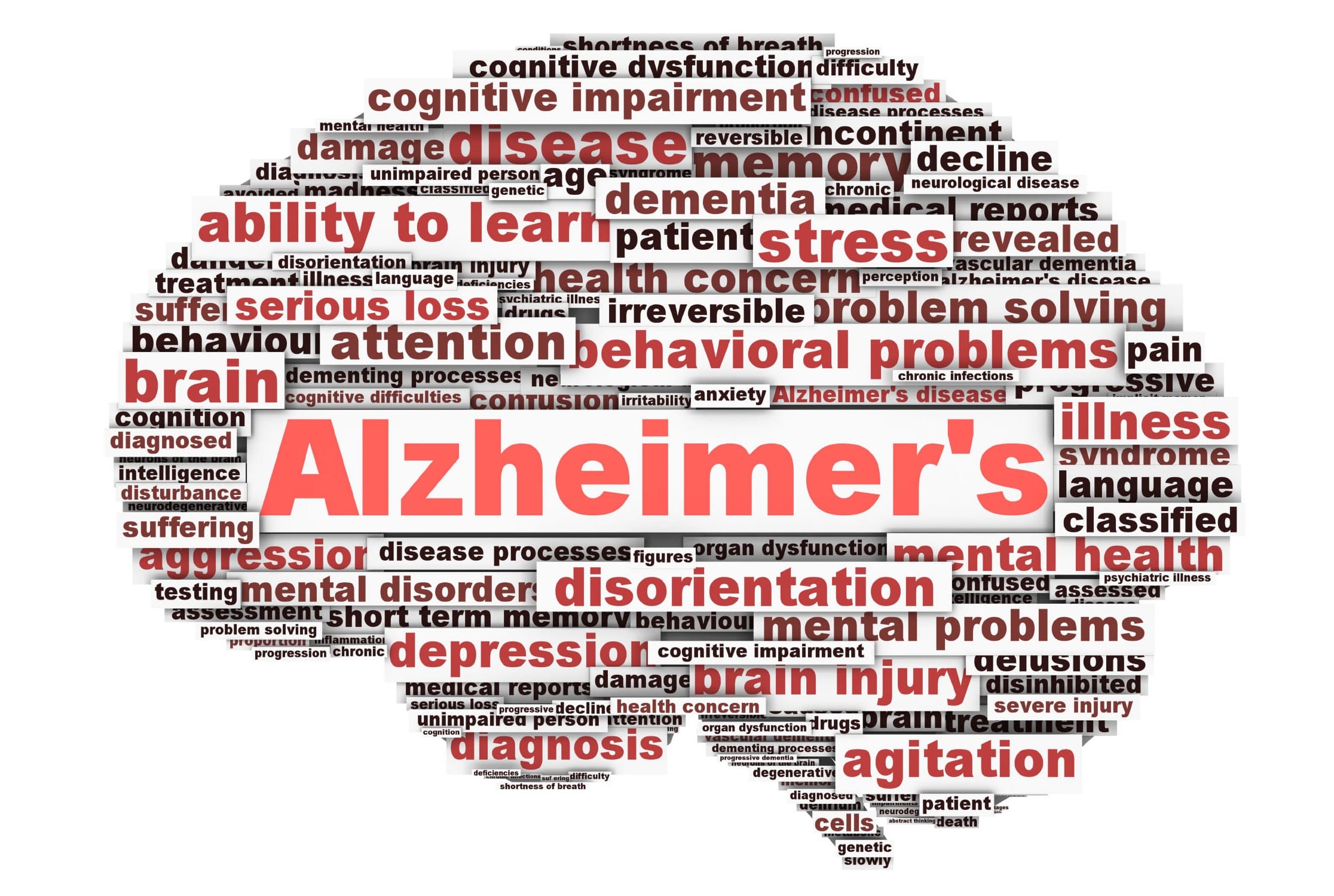Can IM help with dementia and Alzheimer’s?
We often get questions on how to use IM with specific populations, how to work with the equipment and anything else that is causing our Providers headaches. Amy Vega, a fabulous SLP and our Clinical Education Director, is here to answer those questions in a weekly series. This time she tackles a big one for Providers, can IM training help dementia and Alzheimer’s. Short answer, yes! But read more to find out how.
Video gaming adults helping their brains!
Do you think video games make you dumber? If you said yes, you must not play video games! In fact, a video game recently proved that you might be getting dumber if you aren’t training your brain. Find out how some video games can actually help train your brain to stave off the cognitive decline and the conditions that come with age.
NEW ALZHEIMER’S RESEARCH!
A new study by researchers at Mayo Clinic in Rochester, Minnesota shows that a history of concussions could be linked to Alzheimer’s disease. Read more to find out about this exciting research.





